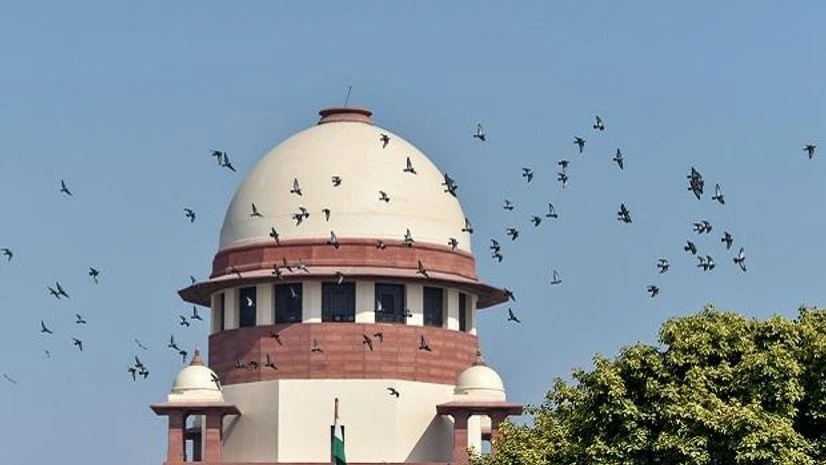The Supreme Court on Monday asked the Centre to put on hold the counselling for National Eligibility cum Entrance Test (NEET) PG until it decides the validity of the Centre's decision to introduce OBC and EWS reservation in All India Quota (AIQ).
A Bench headed by Justice DY Chandrachud said the NEET-PG counselling will not start without its approval as the court is examining a plea against the Centre's decision for medical admission.
The Central government also assured the apex court that the counselling process will not commence till the Bench decides the matter.
Additional Solicitor General (ASG) KM Nataraj, appearing for the Centre, gave the assurance to the apex court, which the court took into the note.
The Bench observed that students will be in serious problems if the counselling process goes ahead as scheduled. The top court was told that it has been announced that the counselling will begin from October 25.
Also Read
The assurance of the Centre came after senior advocate Arvind Dattar, appearing for some NEET candidates, mentioned that by the time the court decides the pending batch of petitions, challenging the July 29 notification, introducing the reservation from this academic year, the entire process of admission will be over and serious prejudice would be caused to the students.
The top court was hearing a batch of pleas challenging the Centre and Medical Counselling Committee (MCC) July 29 notice providing 27 per cent reservation for Other Backward Class (OBC) and 10 per cent for EWS category for the admission in the NEET for all medical seats.
The July 29 notice provide 27 per cent reservation for OBC and 10 per cent for the EWS category in 15 per cent UG and 50 per cent PG All India Quota seats (MBBS/BDS and MD/MS/MDS) with effect from the current academic session 2021-22.
On October 21, the Bench had asked the Centre whether it would like to revisit the limit of Rs 8 lakh annual income, fixed for determining the Economically Weaker Sections (EWS) category for reservation in NEET admissions for medical courses.
It had asked the Centre whether any exercise was undertaken before fixing a limit of Rs 8 lakh annual income for determining the EWS category.
(Only the headline and picture of this report may have been reworked by the Business Standard staff; the rest of the content is auto-generated from a syndicated feed.)

)
